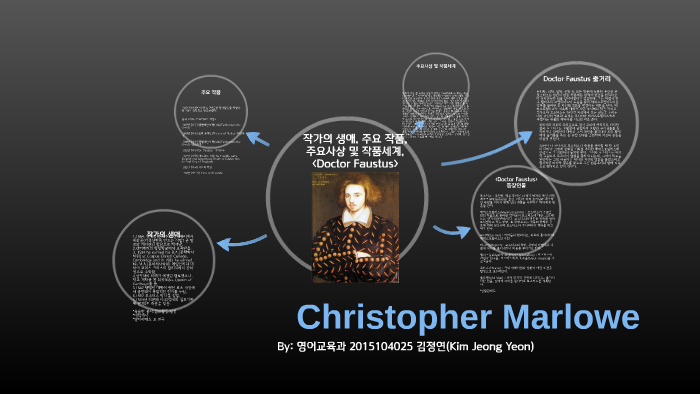
It is the first time that either text has been presented in an old-spelling edition with a full critical commentary and textual annotation.

This volume, which completes the Oxford English Texts edition of The Complete Works of Christopher Marlowe, contains the two parts of Tamburlaine the Great, edited by David Fuller, and The Massacre at Paris, edited by Edward J. Oxford Research Encyclopedias: Global Public Health.The European Society of Cardiology Series.Oxford Commentaries on International Law.Each chapter allows students to see the significance, scope and distinctive contribution made by Marlowe in all his plays, and his place in the development of Renaissance drama. The book contains six chapters, each on a specific aspect of Marlowe's work and its cultural contexts: Marlowe's life and death the Marlowe canon the theatrical contexts and stage history of the plays Marlowe's distinctive interest in old and new branches of knowledge the ways in which he transgresses against established norms and values and the major issues which have been raised in critical discussions of his plays. Marlowe is a playwright whose work taps into the central concerns of his age, many of which are still important to us - religious uncertainty, the clash between Islam and Christianity, the discovery of America, ideas of sexuality and gender identity, and the rôle of the marginalised inidividual in society. This book offers a comprehensive and accessible introduction to all of the plays of Christopher Marlowe. Although his achievements have been generally overshadowed by his exact contemporary, William Shakespeare, many critics contend that had he not died young, Marlowe's reputation would certainly have rivaled that of the more famous playwright.Įxcerpted from Literature Criticism from 1400 to 1800. The dangers of excessive ambition and the apparent compulsion to strive for more than one already has forms a major theme in Marlowe's plays. Marlowe witnessed these developments first-hand and began to explore the potential consequences of this newfound freedom. This was a time when society had begun to loose itself from medieval institutions and to celebrate the ascendancy of the individual. The spirit of the age was marked by both the Renaissance and the Reformation. Marlowe wrote during the Elizabethan period, a time of change and uncertainty. Scholars recognize Marlowe as the first English dramatist to reveal the full potential of blank verse poetry, and as one who made significant advances in the genre of English tragedy through keen examinations of Renaissance morality.

He received his early education at the King's School in Canterbury and was later awarded a scholarship to study at Corpus Christi College, Cambridge. Christopher Marlowe was born the son of a prosperous shoemaker in Canterbury, England, and was baptized on February 26, 1564, but his actual date of birth is unknown.


 0 kommentar(er)
0 kommentar(er)
